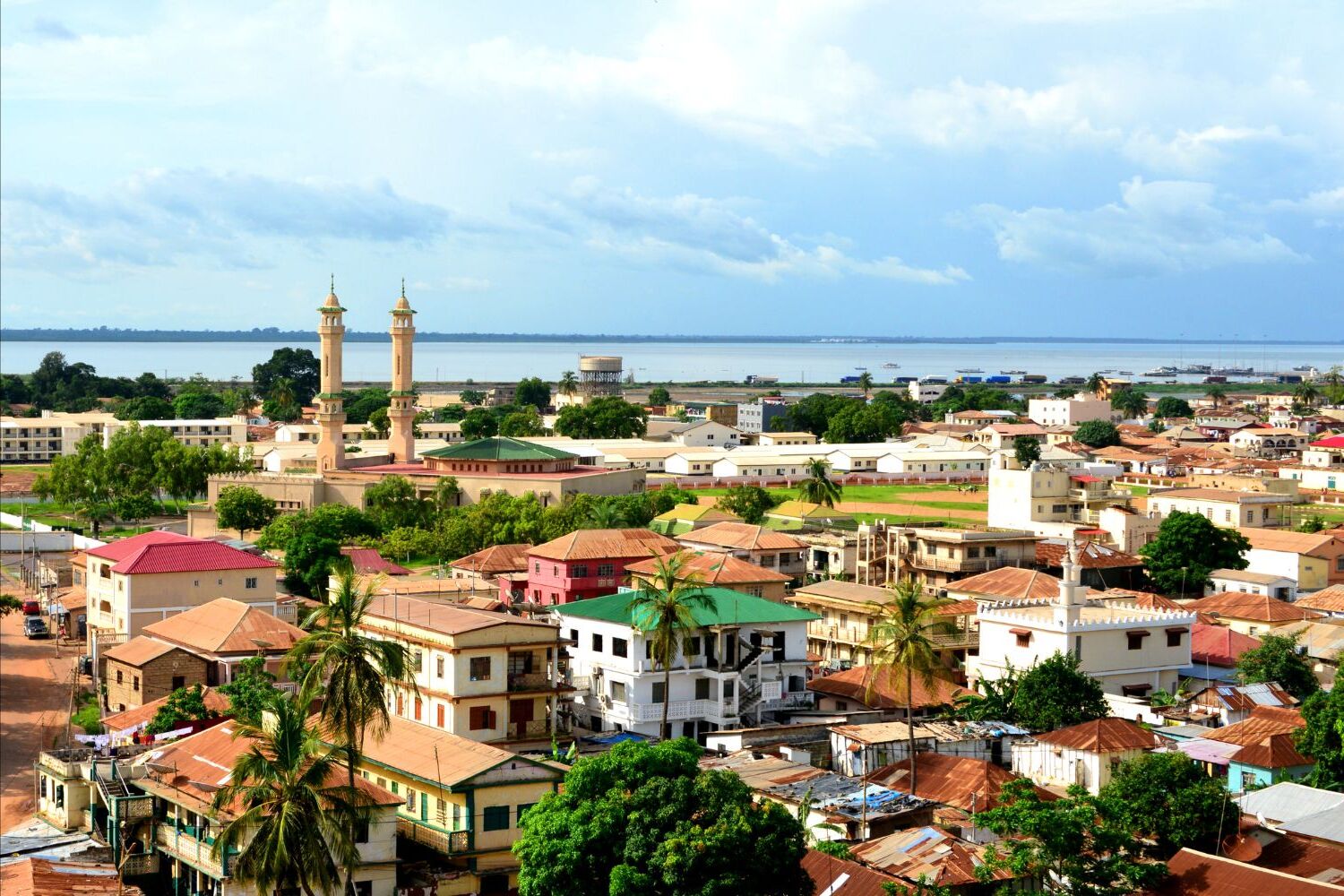
Ever wondered what makes Gambia unique? This small West African country, often overlooked, packs a punch with its rich history, vibrant culture, and stunning landscapes. Known as the "Smiling Coast of Africa," Gambia stretches along the Gambia River, offering lush greenery and diverse wildlife. Despite its size, Gambia boasts a tapestry of ethnic groups, each contributing to its colorful traditions and festivals. From bustling markets to serene beaches, there's something for everyone. Whether you're a history buff, nature lover, or just curious about new places, Gambia has hidden gems waiting to be discovered. Ready to learn more? Let's dive into 15 fascinating facts about Gambia!
Key Takeaways:
- Gambia may be small, but it's packed with diverse landscapes, from savannas to tropical forests, and is home to over 270 bird species in the Abuko Nature Reserve.
- Gambia's history is tied to the transatlantic slave trade, and its culture is rich with unique traditions, vibrant music, and a popular wrestling sport called "Borreh."
Gambia: A Small Country with Big Surprises
Gambia, the smallest country in mainland Africa, is often overlooked. Yet, it holds a treasure trove of fascinating facts. Let's dive into some intriguing details about this unique nation.
Geography and Nature
Gambia's geography and natural beauty are captivating. Here are some facts that highlight its unique landscape.
- Gambia is the smallest country in mainland Africa, stretching only about 30 miles wide and 300 miles long.
- The Gambia River runs through the entire length of the country, providing vital resources and stunning scenery.
- Despite its size, Gambia boasts diverse ecosystems, including savannas, wetlands, and tropical forests.
- Abuko Nature Reserve, one of the oldest protected areas in Gambia, is home to over 270 bird species and various mammals.
History and Culture
Gambia's rich history and vibrant culture make it a fascinating place to learn about. Here are some key points.
- Gambia gained independence from British colonial rule on February 18, 1965.
- The country is named after the Gambia River, which was a crucial trade route during the colonial era.
- Kunta Kinteh Island, formerly known as James Island, is a UNESCO World Heritage Site with a history tied to the transatlantic slave trade.
- The Mandinka, Fula, and Wolof are the three largest ethnic groups in Gambia, each with its own unique traditions and languages.
Economy and Society
Gambia's economy and societal structure offer interesting insights into its development and challenges.
- Agriculture is a significant part of Gambia's economy, with peanuts being the main export crop.
- Tourism plays a crucial role in the economy, attracting visitors with its beautiful beaches and wildlife.
- Gambia has a youthful population, with over 60% of its citizens under the age of 25.
- Education is highly valued, and the government has made strides in improving literacy rates and school enrollment.
Unique Facts
Some facts about Gambia are just plain unique and surprising. Here are a few that stand out.
- Gambia has only one university, the University of The Gambia, established in 1999.
- The country has a tradition of wrestling, known as "Borreh," which is a popular sport and cultural event.
- Gambia is known for its vibrant music scene, particularly the genre of "mbalax," which blends traditional rhythms with modern influences.
Gambia's Unique Charm
Gambia, though small, packs a punch with its rich culture, diverse wildlife, and fascinating history. From the bustling markets of Banjul to the serene banks of the River Gambia, there's always something to marvel at. The country's vibrant music scene, influenced by traditional rhythms, adds to its unique charm. Plus, the warm hospitality of the Gambian people makes every visit memorable.
Whether you're exploring the ancient stone circles of Wassu or enjoying the local cuisine, Gambia offers a blend of experiences that cater to every traveler. The nation's commitment to preserving its natural beauty and cultural heritage ensures that it remains a gem in West Africa.
So, next time you're planning an adventure, consider Gambia. Its blend of history, culture, and natural beauty promises an unforgettable journey. Dive into the heart of this enchanting country and discover its many wonders.
Frequently Asked Questions
Was this page helpful?
Our commitment to delivering trustworthy and engaging content is at the heart of what we do. Each fact on our site is contributed by real users like you, bringing a wealth of diverse insights and information. To ensure the highest standards of accuracy and reliability, our dedicated editors meticulously review each submission. This process guarantees that the facts we share are not only fascinating but also credible. Trust in our commitment to quality and authenticity as you explore and learn with us.


